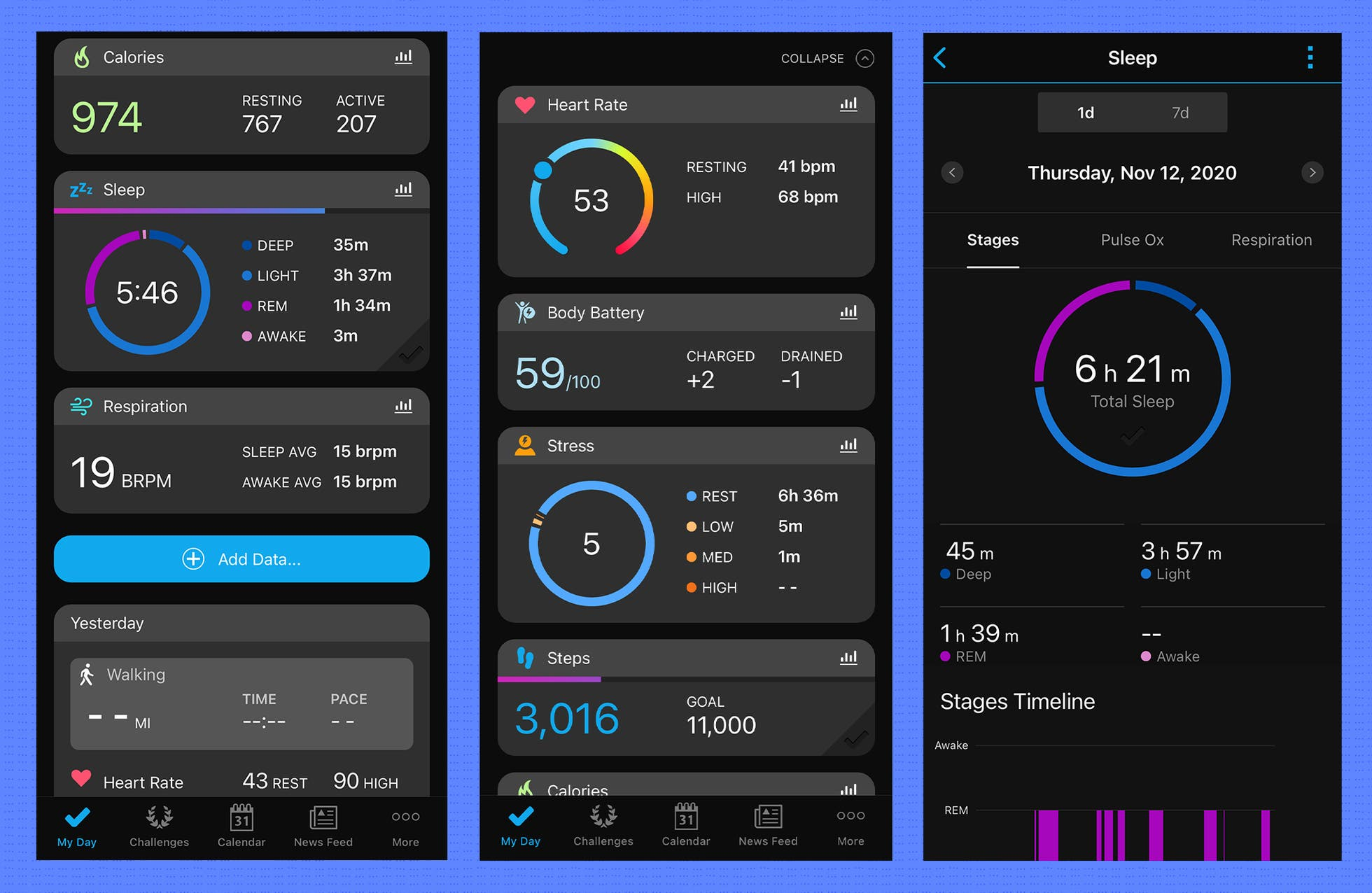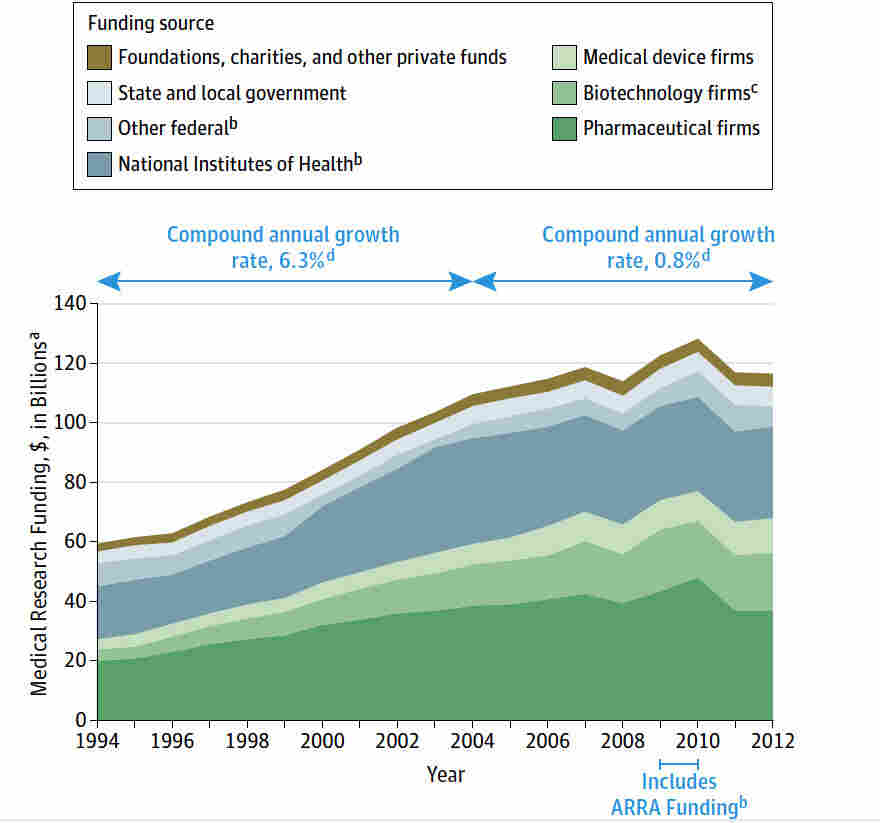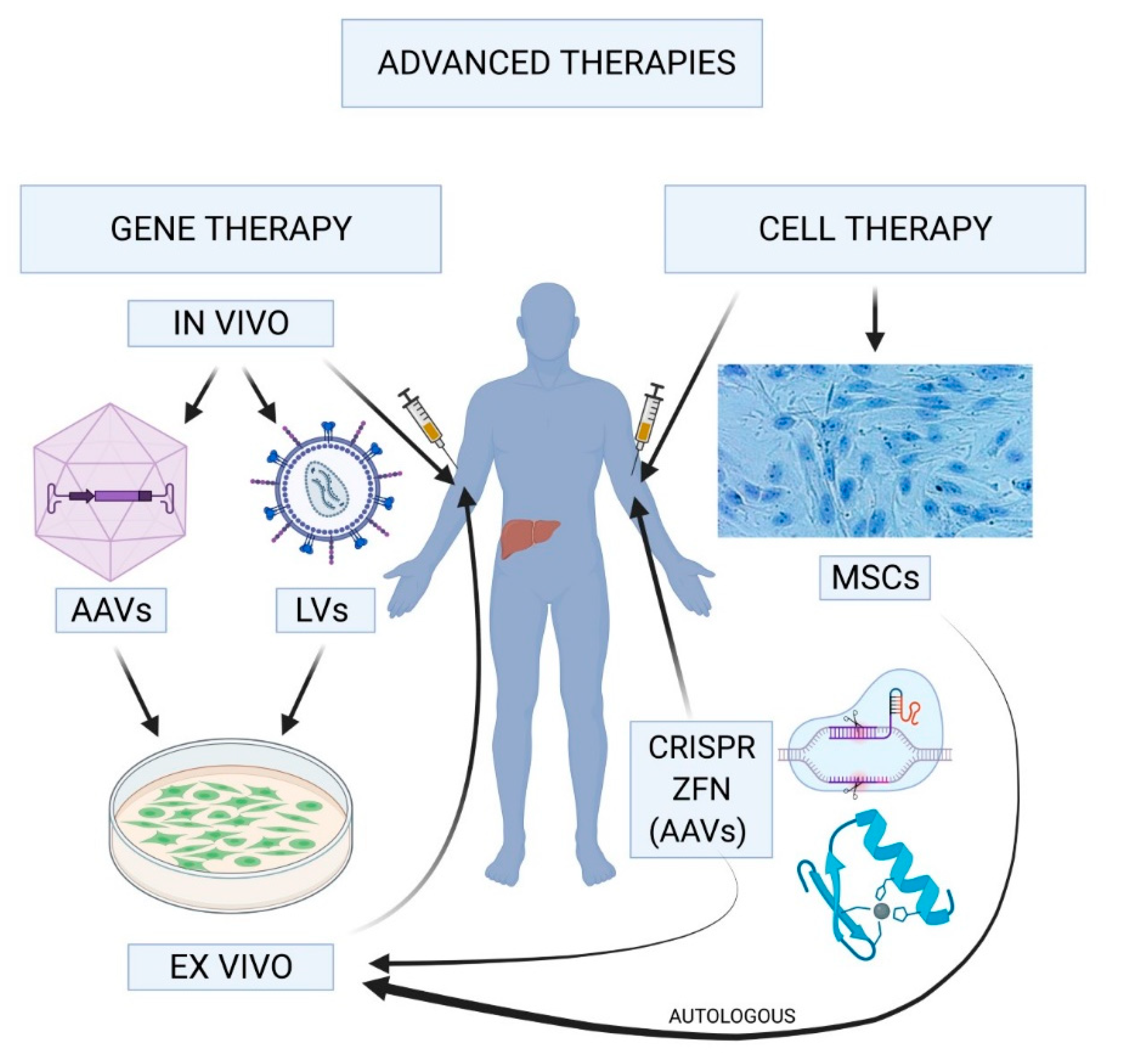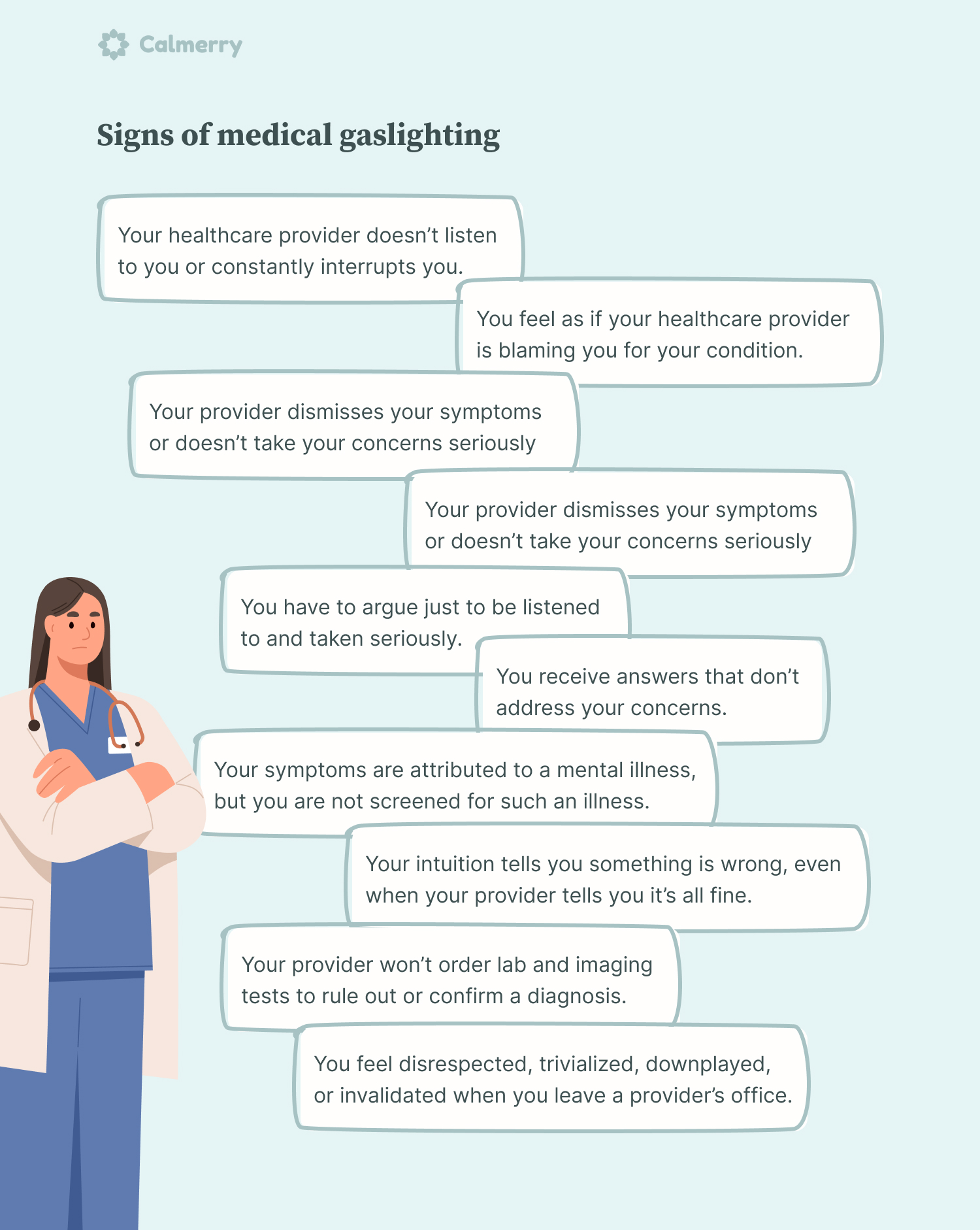Health tracking has emerged as a pivotal practice in understanding the intricacies of learning and memory formation. Recent advancements in this field have illuminated the brain’s synaptic plasticity, a crucial mechanism that underpins our ability to learn and adapt. Researchers at Harvard have developed innovative techniques that offer deeper insights into neurological disorders like dementia, revealing how memory-related proteins, such as AMPARs, contribute to synaptic changes. By mapping these processes, scientists can uncover new therapies that may one day improve dementia treatment and enhance overall cognitive function. Emphasizing the importance of health tracking not only enriches our comprehension of cognitive phenomena but also underscores the role of precise observation in advancing brain health.
Exploring the dimensions of health monitoring offers valuable insights into cognitive capabilities and the processes underlying memory formation. This realm of research encompasses various methodologies aimed at examining how our neurological systems adapt, particularly in conditions related to memory impairment. By focusing on the intricacies of neural connections and synaptic behavior, scientists are uncovering critical links between learning experiences and their physiological expressions in the brain. These innovative approaches to tracking brain health can pave the way for groundbreaking treatments for neurological disorders such as Alzheimer’s disease. Ultimately, enhanced understanding through health research stands to redefine strategies for addressing cognitive challenges.
Understanding How Learning and Memory Work
Learning and memory formation is an intricate process influenced by various biological mechanisms. At the core of this process is the concept of synaptic plasticity, the ability of synapses—connections between neurons—to strengthen or weaken over time. This adaptability is essential for encoding new information and forming lasting memories, tracing back to experiences and knowledge acquired throughout life. Through understanding these mechanisms, researchers can unlock the secrets of cognitive phenomena, relationships between neurological disorders, and the foundations of effective dementia treatment.
As researchers delve deeper into the molecular architecture of the brain, tools such as Extracellular Protein Surface Labeling in Neurons (EPSILON) have revolutionized our understanding of synaptic behavior. By mapping proteins essential for signal transmission, scientists can now visualize the dynamic nature of synapses in real-time, offering unparalleled insights into how memories are established and retained. This exploration not only sheds light on learning processes but also provides critical information for developing new therapies aimed at combating conditions like Alzheimer’s disease.
The Role of Synaptic Plasticity in Memory
Synaptic plasticity plays a pivotal role in the brain’s ability to learn and adapt. This concept explains how synaptic connections between neurons can be modified through experience, leading to stronger or weaker signals as necessary. In essence, synaptic plasticity not only facilitates learning but is also fundamental to memory consolidation, where short-term memories evolve into long-term ones. Understanding the mechanisms behind synaptic changes can help identify how cognitive disorders manipulate these processes, potentially guiding researchers toward effective interventions.
Advancements in imaging techniques, particularly those utilizing EPSILON, have made it possible to observe these changes at a molecular level. For instance, when exploring specific neuronal pathways, researchers can identify the proteins involved, such as AMPARs, that are critical in regulating synaptic strength. By illuminating these interactions, scientists are better equipped to comprehend the underlying processes that dictate synaptic plasticity, further bridging the gap between cognitive phenomena and neurological disorders.
Health Tracking: New Insights into Synaptic Functions
Health tracking in neuroscience has become an essential prerequisite for understanding cognitive health and memory formation better. Recent studies have indicated that detailed mapping of synaptic functions is crucial for unraveling the complexity of learning and memory. With products like EPSILON, researchers are now able to track the movements and interactions of synaptic proteins with unprecedented detail, highlighting the significance these interactions have in forming strong memory traces within the brain.
Through health tracking techniques, insights into how synaptic connections change over time can significantly aid in the understanding of various neurological disorders. By examining the trafficking of AMPARs and other proteins in living brains, it becomes possible to correlate specific molecular events with cognitive functions and disabilities. Such research holds promise for redefining therapeutic approaches to conditions such as dementia, with potential to develop interventions that stabilize or repair disrupted synaptic functions.
Implications for Dementia Treatment
The recent pioneering research into synaptic plasticity and memory formation offers promising implications for the treatment of dementia. Understanding how the brain encodes memories and manages synaptic functions can directly influence therapeutic strategies targeting cognitive impairments. By realizing how synaptic disruptions correlate with memory loss, targeted interventions may be developed to enhance or restore these neuronal connections, effectively mitigating the impact of dementia on individuals.
As techniques like EPSILON continue to advance, researchers can better dissect the signs of synaptic dysfunction associated with dementia. By mapping these changes over time, scientists are revealing patterns that may signify the onset of neurodegenerative diseases. This level of understanding is crucial, as it opens the door for developing proactive strategies that could alter the trajectory of conditions like Alzheimer’s, leading to improved cognitive health and sustained quality of life for affected individuals.
Diving Deeper into Cognitive Phenomena
The exploration of cognitive phenomena has gained momentum with the integration of advanced imaging techniques and health tracking methods in neuroscience. Through thorough examination of synaptic behavior, researchers can identify how various cognitive processes, such as learning, memory recall, and problem-solving, are fundamentally linked to changes in synaptic strength and connectivity. This increased comprehension provides a foundation for uncovering more intricate expressions of cognition within the human brain.
Moreover, insights gained from observing synaptic plasticity can bridge the gap between cognitive theories and practical applications. As researchers record the evolutionary patterns of memory formation and retrieval mechanisms, the prospects of developing tailored cognitive therapies become more tangible. Such developments hold the potential to enhance cognitive performance not only for individuals with neurological disorders but also for the general population looking to optimize their mental capabilities.
Advancements in Brain Imaging Techniques
Advancements in brain imaging techniques have revolutionized neuroscience, enabling researchers to visualize and track the intricate workings of synapses and neuronal networks. Innovative methodologies, such as the EPSILON technique, bring forth a new era of precision in studying how synaptic interactions unfold during learning and memory processes. Enhanced imaging capabilities allow for unprecedented insights into the dynamics of synaptic changes, illuminating the essential role of plasticity in cognitive phenomena.
With these cutting-edge tools, scientists can explore previously unanswerable questions surrounding memory consolidation and the biological underpinnings of learning. Such detailed imaging not only assists in comprehending normal brain functions but also aids researchers in uncovering abnormalities present in neurological disorders. This ongoing exploration lays the groundwork for creating new therapeutic strategies aimed at restoring synaptic integrity and improving cognitive health.
The Promise of Molecular Tools in Neuroscience
The promise of molecular tools in neuroscience is exemplified by techniques such as EPSILON, which allow for a transformative approach to studying the brain’s functions. By enabling the detailed observation of protein dynamics within synapses, these tools facilitate a deeper understanding of the molecular foundations of learning and memory formation. The capacity to monitor synaptic processes in real-time holds significant implications for the future of research into neurological disorders.
As scientists gain insights into the molecular mechanisms that govern synaptic functioning, the potential for advancing therapeutic strategies increases. With enhanced understanding, researchers can develop targeted interventions that focus on restoring proper synaptic behavior. This progress can be pivotal in addressing cognitive impairments experienced in disorders like dementia, ultimately paving the way for effective treatment protocols that prioritize cognitive health.
Synaptic Changes and Memory Formation
Synaptic changes are fundamental to the process of memory formation, knotting together experiences as layers of neural connections that adapt and evolve. This concept is essential in distinguishing short-term working memory from long-term retention, as synapses undergo specific adjustments dependent on the type of information being processed. Such evolutionary patterns reveal the intricate rules governing which synapses are strengthened or weakened, providing vital clues for understanding how memories are forged in the brain.
Research utilizing tools like EPSILON reveals how synaptic dynamics are crucial in determining the integrity of memory formation. By studying the biological signatures associated with synaptic changes, researchers can identify potential markers of cognitive decline, aiding proactive approaches to neurological health. Understanding these alterations not only contributes to clarifying fundamental cognitive phenomena but also emphasizes the necessity for continual innovation in dementia treatments.
Future Directions in Cognitive Neuroscience
Looking ahead, the landscape of cognitive neuroscience is set for transformative developments as research continues to interrogate the intricacies of learning and memory. The emerging findings from studies employing innovative tools like EPSILON will catalyze new questions about the interplay between synaptic plasticity and various cognitive functions. Future directions will likely focus on expanding the applicability of these findings across a range of cognitive phenomena, fostering a comprehensive understanding of the human brain.
As interdisciplinary collaboration among scientists flourishes, the integration of advancements from areas such as molecular biology, computational neuroscience, and psychology will drive innovation in therapeutic approaches. By embracing the complexity of the brain’s functions, researchers can enhance the potential for developing higher efficacy treatments for cognitive disorders, offering optimism for individuals impacted by impairments in memory and learning.
Frequently Asked Questions
How does health tracking relate to learning and memory processes?
Health tracking plays a crucial role in understanding learning and memory processes. By monitoring physiological data, researchers can analyze how various factors, such as stress levels, nutrition, and sleep quality, affect cognitive functions. These insights help in developing strategies to improve synaptic plasticity and enhance memory retention.
What are the benefits of health tracking for managing neurological disorders?
Health tracking provides valuable data in managing neurological disorders by allowing individuals and healthcare providers to monitor symptoms, medication effects, and cognitive performance over time. This information can inform treatment plans for conditions such as dementia by identifying patterns and triggers that affect synaptic plasticity and memory function.
Can health tracking techniques contribute to dementia treatment research?
Yes, health tracking techniques can significantly contribute to dementia treatment research. By using technologies that monitor brain health and cognitive performance, researchers can gain insights into synaptic changes over time. These findings may lead to innovative therapeutic approaches that target the synaptic dysfunction associated with dementia.
What role does synaptic plasticity play in health tracking for cognitive performance?
Synaptic plasticity is essential for health tracking as it underpins the brain’s ability to adapt and learn. By tracking changes in synaptic connections and the behavior of key proteins like AMPARs, researchers can assess cognitive performance and identify effective interventions to enhance learning and memory.
How does health tracking intersect with cognitive phenomena studied in neuroscience?
Health tracking intersects with cognitive phenomena by providing empirical data that can elucidate the mechanisms of learning, memory, and synaptic plasticity. By monitoring health metrics and cognitive assessments, researchers can explore how lifestyle choices impact cognitive functions and identify new strategies for improving mental health.
| Key Point | Details |
|---|---|
| New Technique Introduced | Harvard researchers developed a method called EPSILON to understand how learning and memory occur. |
| Focus on Synaptic Plasticity | EPSILON maps proteins (AMPARs) involved in synaptic plasticity, enhancing brain adaptation to new information. |
| Improved Observation Method | This method provides high-resolution imagery of AMPAR behavior without invasive procedures. |
| Implications for Neurological Disorders | Findings could lead to advances in treating memory-related disorders like dementia and Alzheimer’s. |
| Applications in Cognitive Research | The technique has already shown promise in studying memory through contextual fear conditioning in mice. |
Summary
Health Tracking is revolutionized by innovative techniques like EPSILON, which enable researchers to delve deeper into the molecular underpinnings of learning and memory. This groundbreaking advancement not only enhances our understanding of synaptic processes but also paves the way for developing new therapies for debilitating neurological disorders such as dementia and Alzheimer’s disease. By mapping synaptic plasticity with unprecedented detail, scientists can now explore how memories are formed and retained, ultimately leading to improved health outcomes.



